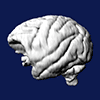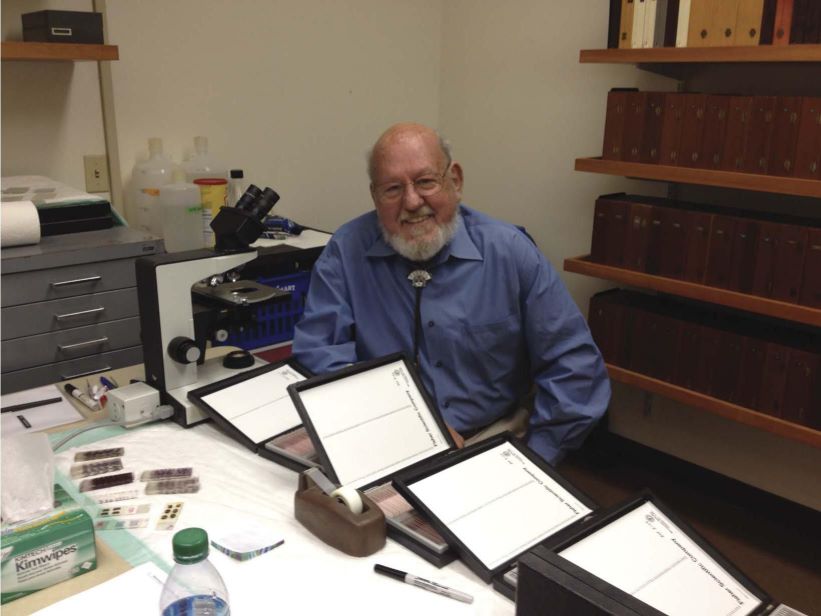-
-
sample data

|
-
-
-
sample data

|
-
sample publication

|
|
The R. Glenn Northcutt Collection - General Information
MCZBase - Database search at the Harvard Museum of Comparative
Zoology (type "north" in the Named Group field to select the R. Glenn Northcutt collection)
In 2019, the Harvard Museum of Comparative Zoology
acquired
The R. Glenn Northcutt Collection of Comparative Vertebrate
Neuroanatomy and Embryology. The collection consists of about
500,000 histological sections across 270 species, and was assembled by
Dr. Northcutt over a career that spanned a half a century (1963-2014).
The collection is invaluable for comparative cytoarchitectonic studies
due to its taxonomic breadth.
To avoid the loss of this landmark data, the Museum of Comparative
Zoology embarked on an effort to digitize the entire collection in
order to preserve it in perpetuity. We have partnered with the Museum
of Comparative Zoology to provide a selected subset of Northcutt
Collection slides on the BrainMaps platform. Each section has been
individually cropped and rotated and can be viewed on the BrainMaps
website, with a full-zoom resolution of up to 0.33 microns/pixel.
Please note that due to age of the slides, a small number of sections
have suffered some deterioration, but we have not excluded any
sections in interest of providing the entire collection intact.
A handful of sections (5-10) from each series will be selected for
annotation, and will be labeled with principal brain regions,
prominent nuclei, and other landmarks. Sections with annotation
will be marked with a "labeled" indicator on the section thumbnail
page for easy reference.
For more information on The R. Glenn Northcutt Collection, please
refer to this article published in the Bulletin of the Museum of
Comparative Zoology [pdf].
We extend our most grateful thanks to Dr. James Hanken, Paul Cervantes,
and the remainder of the MCZ team for their efforts in providing us
access to this wonderful resource, and to Heidi Spence for her
tireless efforts in cropping and rotating the slice sections.
|

|
|
|

